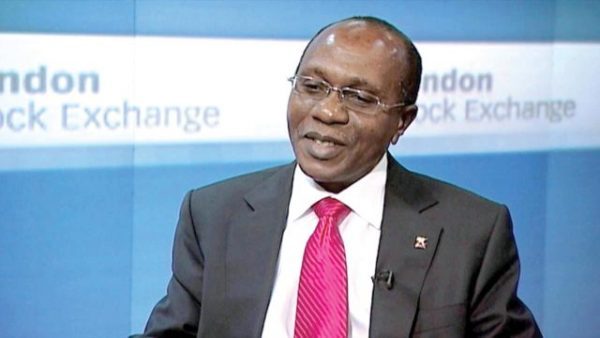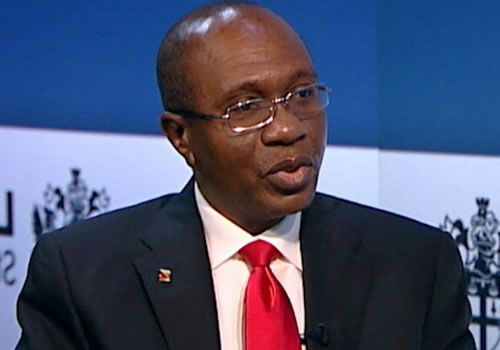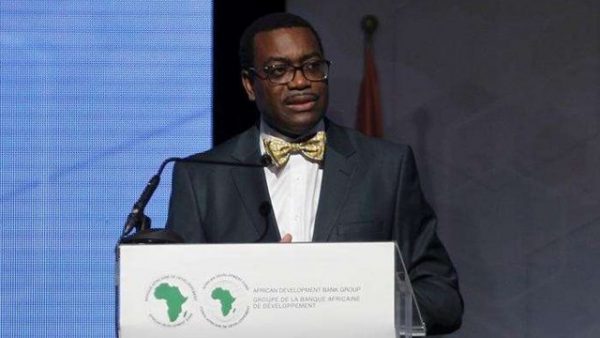$30bn revenue leakage: Reps threaten telecos’ CEOs with arrest

•To probe environmental impact of NLNG $10bn project
The House of Representatives has given the Chief Executive Officers of telecommunications service providers a seven-day ultimatum to appear before its Committee on Finance or a warrant for their arrest will be issued by the parliament.
Chairman of the committee, Mr James Faleke, had at the plenary on Thursday reported to the House via a motion of urgent public importance that several summons issued to 15 telecoms operators had been shunned.
The operators included MTN Nigeria, Glo Mobile Limited, Airtel Nigeria and 9Mobile.
Faleke said their non-appearance was frustrating the investigation by the committee into the alleged $30bn leakages in the sector due to alleged foreign exchange frauds.
He recalled that the House, on March 5, 2020, passed a resolution mandating the joint committees on Finance, Banking and Currency to investigate the over $30bn revenue leakages in the sector.
He said, “In order to give a fair hearing, we wrote letters to the companies and some of them, under the auspices of Registered Trustees of Telecoms Operators, found it necessary to go to court.
“On the 13th of March, the court delivered judgment in favour of the National Assembly, that the National Assembly has the powers to invite anybody.”
Faleke further said, “In Nigeria today, we are in a very critical situation. Many of these companies have been evading taxes over and over again, taking loans for infrastructure.
“There is a company that operates in Nigeria 100 per cent but only 10 per cent of its interest is taxed in Nigeria, while the remaining 90 per cent is taken to Mauritius.
“This company only has a representative office in Nigeria. What this means is that the remaining 90 per cent, running into several billions of dollars, which are paid to Mauritius, is not taxed in Nigeria.
“We have companies who took loans in foreign currency for equipment loan, brought the goods to Nigeria and the next day, the equipment was credited to another country. They took the loan of about $90m; the money went into the company account and the next day, the money was transferred to shareholders in Mauritius.
“They bring these goods in for record purpose so that they can get the capital allowances usually given for equipment not used in Nigeria. These are pieces of equipment that are supposed to be brought in and duties paid.”
He added, “By going to court, they sought to prolong and delay the activities of the National Assembly. If we allow this to continue, then we have no business being here.
“We have figures of tax evasion running into several billions of dollars against these companies, but we didn’t want to believe these figures. Rather than submit their documents, they felt the best way was to head for court.
“This parliament has powers to summon anybody, including Mr President.”
Several lawmakers who spoke on the matter, including Victor Nwokolo, Nasir Ahmed and Lynda Ikpeazu called for a thorough investigation and prosecution of companies working against the economy.
The House also resolved to investigate the environmental hazards posed by a project of the Nigeria Liquefied Natural Gas Limited valued at $10bn.
At the plenary on Thursday, the House unanimously adopted a motion moved by Mr Yusuf Gagdi, calling for a probe into the impact of the project on the host communities.
The House consequently resolved to set up an ad hoc committee to investigate the “non-inclusion of waste management/disposal and sludge disposal by the various companies operating within the shores of our country.”
Moving the motion, Gagdi said, “The House notes that some time last year, the Final Investment Decision for the NLNG Train 7 project was signed.
“The estimated cost of the project is $10bn. The project is currently at the stage of sign-off by the NLNG to SIAPEM, CHYODA and DAEWOO as a consortium.
“The House is concerned that the Environmental Impact Assessment did not cut across the two host communities of Finima and Bonny. The EIA only covers the NLNG industrial area and residential area, the EPC’s residential camp and project site.
“The House is also concerned that the project did not consider the treatment of sludge generated from industrial and human waste. The issue of industrial waste and sludge disposal by the IOCs and NOCs has remained a perennial problem, which has caused a lot of environmental hazards in our host communities.”
Meanwhile, the House has called for the establishment of study centres in each of the 8,809 wards in the 744 local government areas of the country as part of measures to increase the literacy rate.
A member of the House, Mr Jimoh Olajide, had moved a motion titled ‘Need to Curb the Menace of High Rate of Illiteracy in Nigeria;
Following the motion, the House urged the Federal Ministry of Education to set up at least one Adult Education Centre in each of the wards throughout the federation.
It also called for the relocation of tank farms located within residential areas in Lagos State.
At the plenary on Thursday, the House unanimously adopted a motion titled ‘Need to Relocate Tank Farms in Residential Areas of Ijegun, Satellite Town, Kirikiri and Old Ojo Road of Amuwo Odofin Federal Constituency, Lagos State;
Consequently, the lawmakers set up an ad hoc committee to investigate the concentration of tank farms in the residential areas “and reach a consensus on how to settle the issue to the satisfaction of the affected communities.”
The lawmaker representing the constituency, Mr Oghene Egoh, who moved the motion, noted that over 50 oil tank farms were relocated in the areas, causing tankers to occupy all sides of the Old Ojo Road and practically every street in Ijegun, Kirikiri and Satellite Town.







